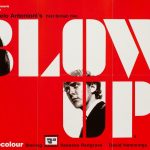The Matrix (1999)
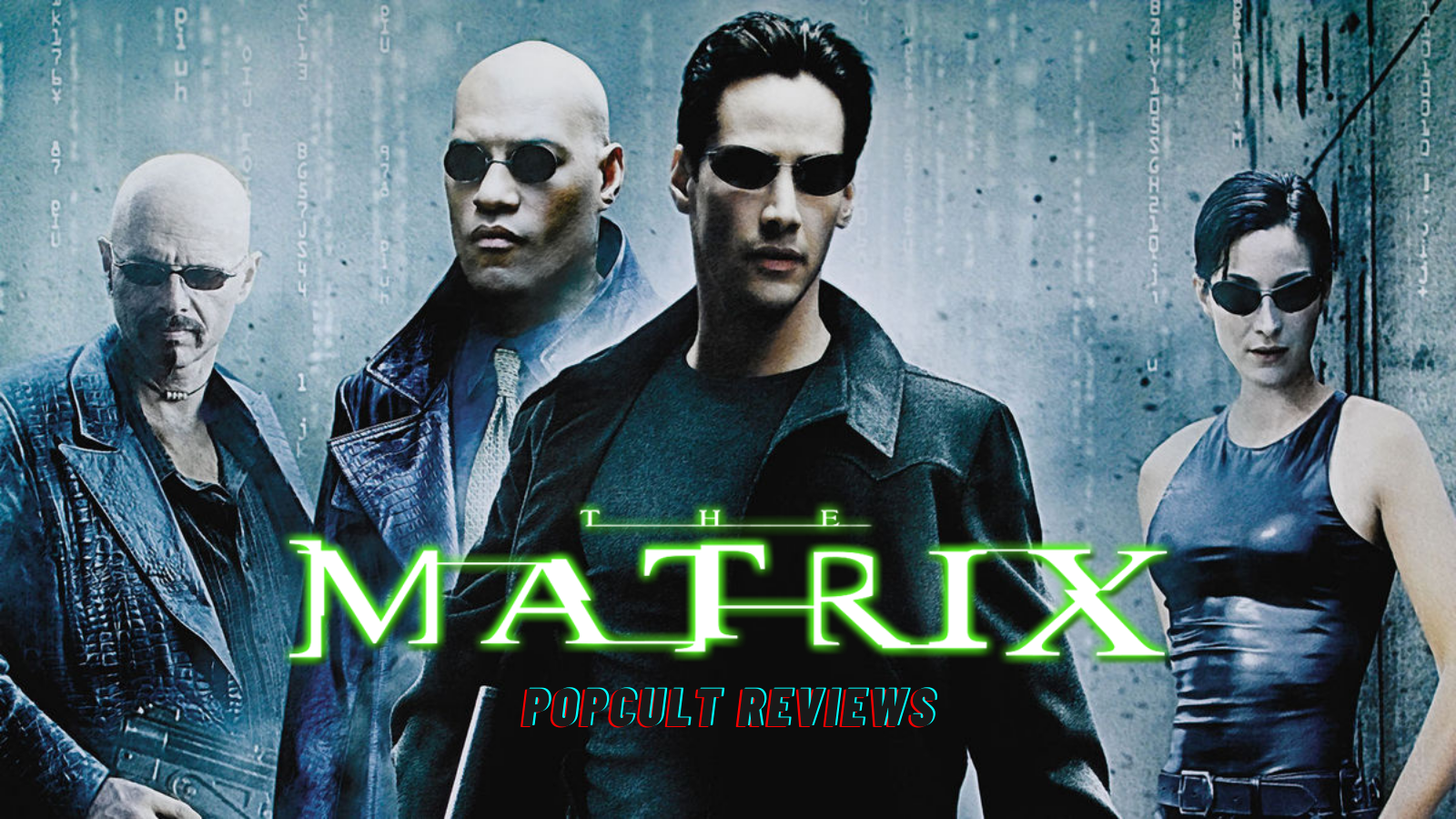
Released in 1999, The Matrix is a revolutionary science fiction action film directed by Lana Wachowski and Lilly Wachowski. Produced by Warner Bros., the film has since become one of the most influential and iconic movies of its genre. Featuring groundbreaking special effects, an engaging narrative, and a profound philosophical backdrop, The Matrix pushed the boundaries of cinema and captivated audiences worldwide. Starring Keanu Reeves, Laurence Fishburne, Carrie-Anne Moss, and Hugo Weaving, the film blends action, technology, and philosophical questions about reality and human existence.
The Matrix follows the story of Thomas Anderson (Keanu Reeves), a hacker who goes by the alias “Neo.” He becomes aware that the reality he lives in is an illusion created by machines to control humanity. Neo is recruited by a group of rebels led by Morpheus (Laurence Fishburne) to fight against these machines and free mankind from their virtual prison, known as “the Matrix.” As Neo’s journey unfolds, he must confront his own understanding of reality, his role in the rebellion, and the true nature of his existence. The plot blends action-packed sequences with a deep exploration of philosophical themes, making it both an exciting and intellectually stimulating experience.
The characters in The Matrix are complex and multifaceted, each representing different aspects of the human experience in the face of oppression and control. Neo’s transformation from a confused hacker to the potential savior of humanity is central to the story. His growth reflects themes of self-discovery, free will, and the search for truth. Morpheus, the wise and devoted mentor, believes that Neo is “the One” who will bring an end to the machines’ control. Trinity (Carrie-Anne Moss) adds a layer of strength and loyalty, playing a key role in Neo’s journey. The antagonist, Agent Smith (Hugo Weaving), represents the oppressive system, and his relentless pursuit of Neo adds a powerful sense of conflict. Each character’s development serves to reinforce the film’s deeper philosophical messages.
At its core, The Matrix explores themes of reality, control, and the nature of human existence. The film asks fundamental questions about what is real and how we can trust our perceptions of the world around us. The concept of the Matrix, a simulated reality created by machines, challenges the idea of objective truth and raises doubts about the authenticity of human experience. The film suggests that most people live in ignorance, unaware of the artificial nature of their world, much like Plato’s allegory of the cave. The choice between the red pill (truth) and the blue pill (ignorance) becomes a powerful metaphor for the search for enlightenment versus the comfort of illusion.
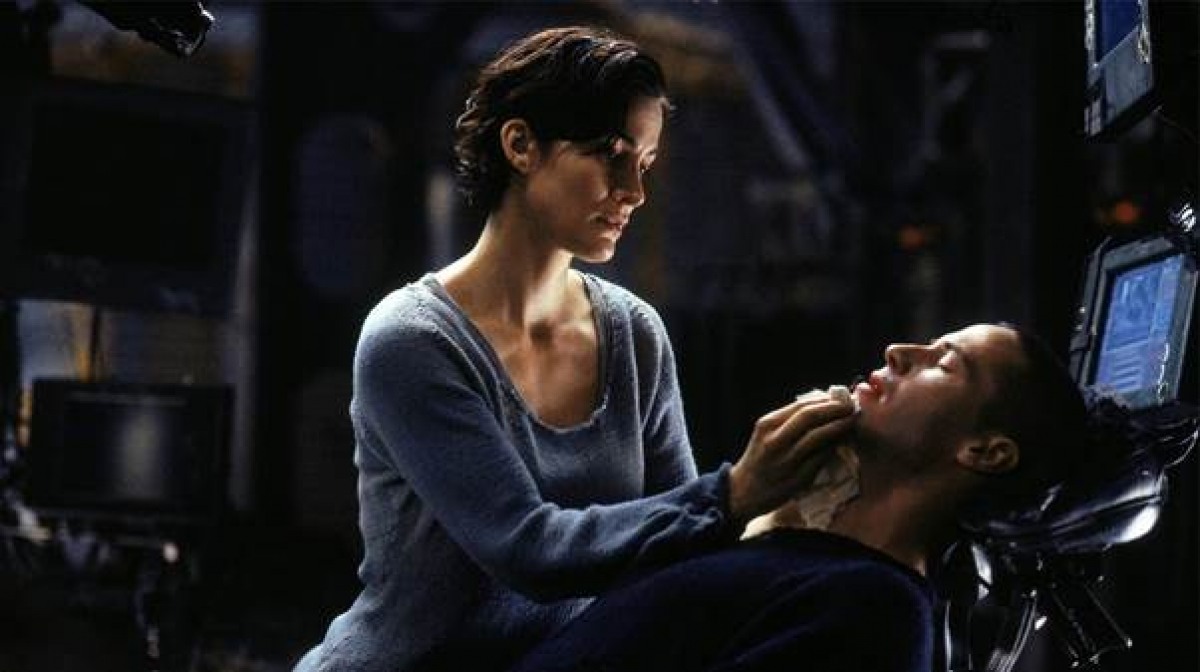
The Matrix is renowned for its groundbreaking visual effects and action sequences, which set new standards in the film industry. The film popularized the use of “bullet time,” a visual effect that allows the camera to capture slow-motion action in a way that simulates a 360-degree view of the scene. This technique, along with choreographed fight scenes and gravity-defying stunts, created some of the most memorable moments in cinematic history. The action is not only thrilling but also serves to enhance the narrative, representing Neo’s growing mastery of the Matrix and his ability to bend the rules of the simulated world.
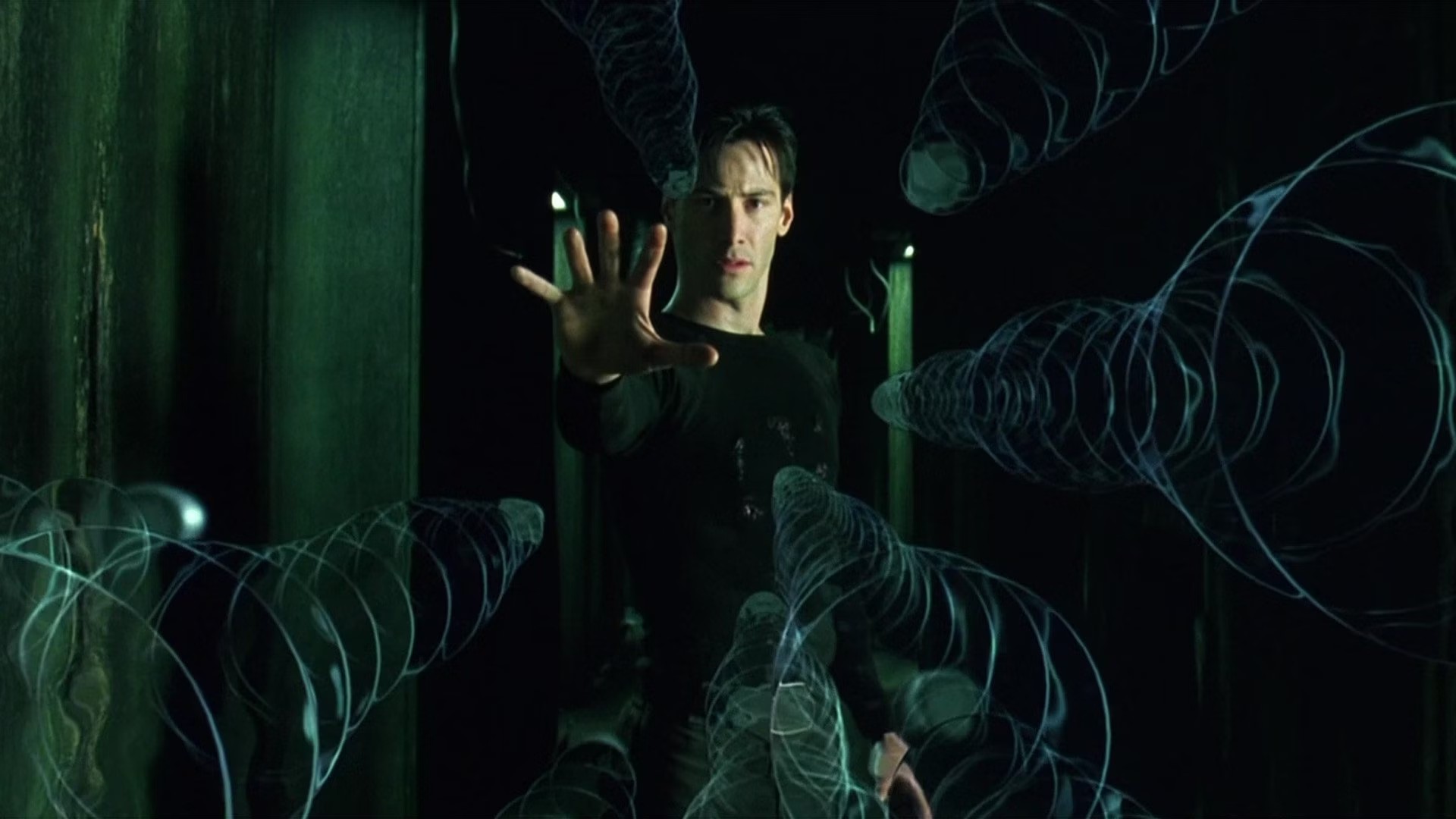
The Matrix is not just a sci-fi action film, but also a profound philosophical exploration that has had a lasting impact on popular culture. The film draws from a wide range of philosophical, religious, and literary influences, including ideas from Descartes, Buddhism, and existentialism. Its exploration of free will, identity, and the nature of reality resonates with audiences on a deeper level, encouraging them to question their own perceptions of the world. The movie has influenced countless other films, television shows, and video games, and its iconic imagery, such as the green-tinted screen and the slow-motion action scenes, has become embedded in pop culture. The Matrix continues to be a source of analysis and discussion, with its themes remaining relevant to contemporary debates about technology, society, and the human condition.
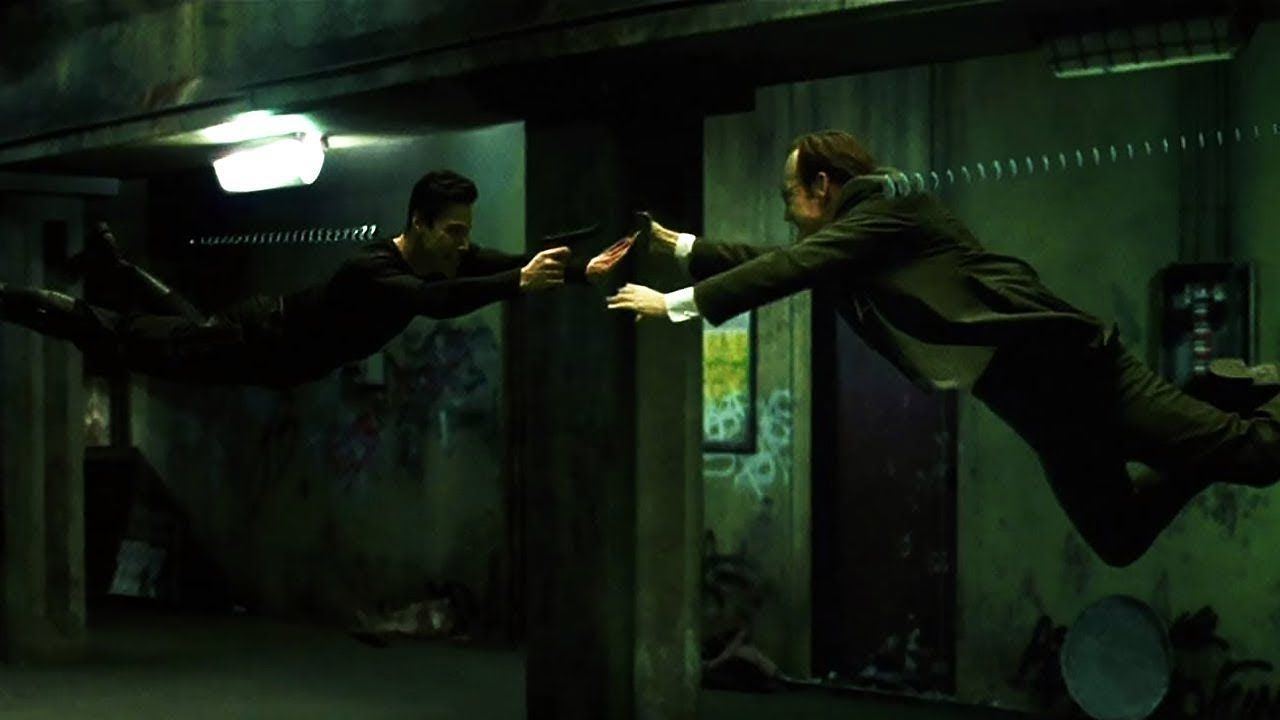
The Matrix is a groundbreaking film that combines thrilling action with profound philosophical questions, making it a cultural touchstone in the world of cinema. Directed by Lana and Lilly Wachowski, the film explores themes of reality, control, and human consciousness, while its groundbreaking special effects and action sequences set a new benchmark in filmmaking. The characters, particularly Neo, undergo a transformative journey that resonates with viewers long after the film ends. The Matrix remains a timeless classic, influencing both the science fiction genre and popular culture, and continues to spark discussions about the nature of reality and the role of technology in our lives.







